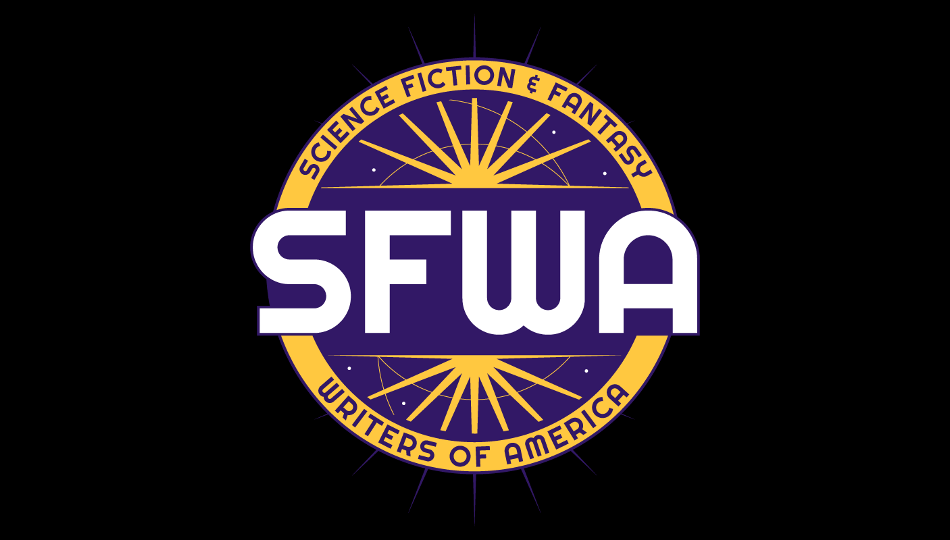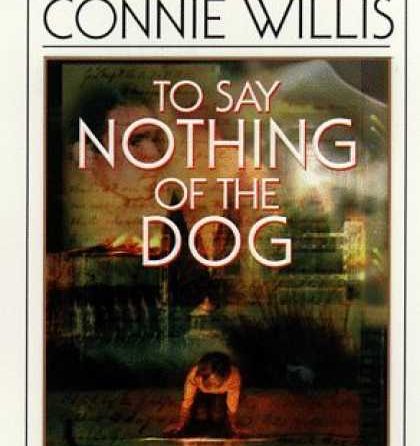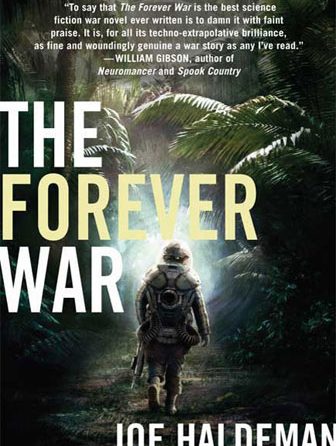So, your manuscript keeps getting rejected, again and again. You’ve researched the market and submitted it to only those houses that publish your genre. You’ve consulted their guidelines for word count. You may even have read their latest titles for a taste of what they like these days. You’ve written several drafts so far and you’ve given it to a friend or two for a once-over. It’s a fantastic story, it’s a smooth read, and everyone you know loves it.
Why does it keep acting like a boomerang?
Maybe it isn’t as polished as you think it is, kind of like pulling a cake out of the oven too soon: it looks luscious and nicely browned on the outside but when you really get into it you find that it’s still gooey in the middle. Blech.
One of the problems I have with editing is that I can never tell when a story is finished. Right now I could pick up any piece I’ve written – short or long – and find something to change, even if the last time I looked at it I was satisfied that it was done. Many times I’ve flung stories at my friends and asked them if I could stop yet. Usually, the more desperate I am to be done with a story, the more likely it is that someone will find an embarrassing inconsistency that means another rewrite – or two.
How many times should you edit a manuscript before you can call it a masterpiece? Apparently, as many times as it takes. Yeah, I know…that’s the kind of answer that drives me around the bend too.
It’s like writing this blog: I write a first draft and leave it for a few days, then go back and try not to throw up at the inane and disjointed phrasing that seemed so tight the first time around.
The piece may run to no more than 1000 words or so, but I’ll chop it up and write it a half a dozen ways before I put it away again. Even when I think it’s perfect and I’ve formatted it just so and am ready to send it off, I’ll have to talk myself out of giving it just a few more tweaks. You can see why so many writers have next-to-no social life if they’re trying to wrangle 100,000 words into some semblance of a novel.
It’s not all bad. I’ve learned to accept the fact that the more time I spend with those words, the more I’m able to improve the way they’re put together…usually.
Have you ever had one of those conversations where you wish you could just go back and re-say everything? That you could go back in time and leave them with the witty comebacks you thought of in the wee hours of the night when you couldn’t sleep? “I should have told her…I wish I’d said…”
The beauty of editing for me is being able to refine what my characters’ have said at any given time. Writing fiction is the one place where this can happen, because your character’s words are your own but you get to go back as many times as you want to and edit those words, tighten them up, make them witty, concise or suave.
Editing isn’t just about your spelling, grammar and dialogue. It’s also about that gaping hole someone finds in your timeline, or the subplot that appears out of nowhere partway through the story. It’s being able to fine-tune and adjust, to add those details you’ve gleaned from research to make your facts or plot interesting and plausible.
I once needed to know (for a story, of course) how long it would take a body to decompose if it were left in a cabin in a northern forest. I did a bit of online research but I’m lazy that way and would rather be writing so had found nothing of value except boring stats. Then a friend suggested I call upon the Facebook Hive Mind. I posted my question and within moments all my nerdy friends started coming to my rescue. In less than an hour I not only had my answer but I had lots of other amazing facts that helped to set up the scene more realistically.
I could have just left the scene the way I’d originally written it. It probably would have been fine as is, but the gritty details that I was able to add gave the scene a more visceral punch.
Whether I’m working on a novel or short story, those nerdy friends are unbeatable when it comes to checking my science facts and theories, and more than one has made a suggestion that’s taken a story or scene in a different – and better – direction. I credit them with saving me from more than one embarrassing moment.
My first brush with real, professional editing came with my original batch of short stories that I sent out into the publishing world. One of those pieces, which it happens I’d submitted to Amazing Stories Magazine, came back in a fat envelope. The dozen or so pages had been marked up with a red pen. A LOT of red pen. There was also a note from the editor saying that she would look at it again after I’d done some more work on it. Not exactly a rejection, but my inexperience didn’t know that.
I should have been elated. I should have stayed up all night working on it and sent it back first thing in the morning. Someone had actually read Blue Shade News and thought enough of the story to help me wrangle it into a publishable piece! But instead of writing a new draft and shipping it back immediately for a second look, I tore it into the smallest bits possible bits and threw it in the garbage. I was annoyed that someone had had the gall to tell me that my story wasn’t perfect the way it was.
I know…could I have been more stupid?
Twenty years later, I still have a copy of the manuscript I sent to Amazing Stories. What I really wish I still had is the copy that came back covered in red pen.
It’s taken me years to move from indignation to acceptance regarding that little incident, but I’ve never forgotten it. I’ve had plenty of people gleefully take a pen to my manuscripts since then and discovered that each one has improved some part of a story.
I’ve developed a harder shell against critiques, and I’ve learned that it’s not about me personally. I’m not being attacked. Where in the past I would have guarded my stories – and myself – against criticism, I’m now much more likely to seek it out, knowing that it’s only going to enhance my work, not diminish it.
So pick up that red pen – or a sharp pencil – and rework that rejected story. As many times as necessary. You won’t regret it.
“Books aren’t written – they’re rewritten. Including your own.
It is one of the hardest things to accept, especially after the
seventh rewrite hasn’t quite done it.”
– Michael Crichton











Recent Comments